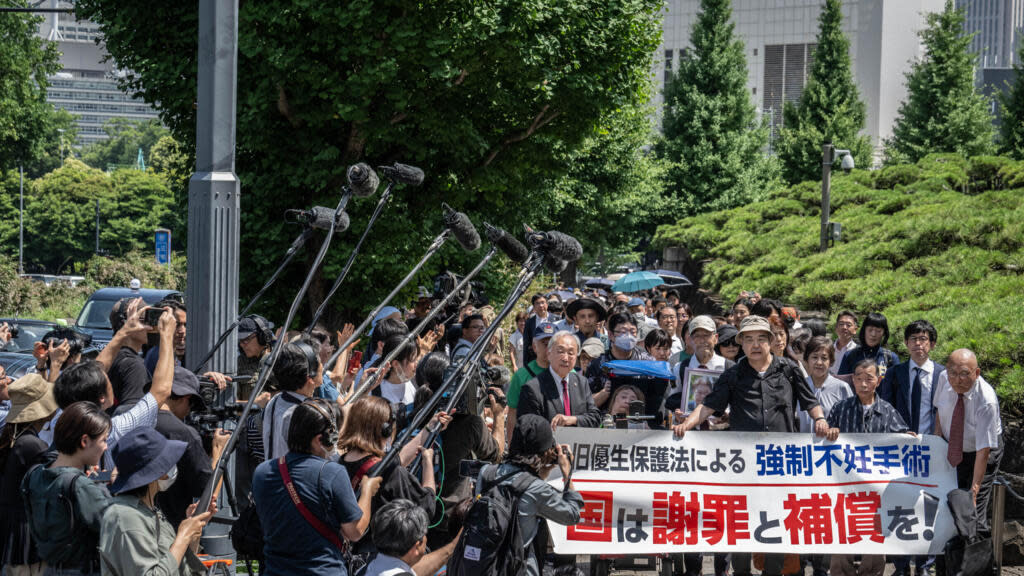Japan's Supreme Court rules that forced sterilisation law was unconstitutional

Thousands of Japanese people who were forcibly sterilised between 1948 and 1996 will be able to request government compensation after the country's Supreme Court ruled that its now-defunct eugenics law was unconstitutional.
Japan's top court ruled on Wednesday that a defunct eugenics law under which thousands of people were forcibly sterilised between 1948 and 1996 was unconstitutional.
The Supreme Court also declared that a 20-year statute of limitations could not be applied, paving the way for compensation claims from victims after years of legal battles.
"For the state to evade responsibility for damages payments would be extremely unfair and unjust, and absolutely intolerable," the court in Tokyo said.
Japan's government acknowledges that around 16,500 people were forcibly sterilised under the law that aimed to "prevent the generation of poor quality descendants".
Read moreVictims of forced sterilisation in Japan seek justice
An additional 8,500 people were sterilised with their consent, although lawyers say even those cases were likely "de facto forced" because of the pressure individuals faced.
A 1953 government notice said physical restraint, anaesthesia and even "deception" could be used for the operations.
A group of victims said on Wednesday it "wholeheartedly" welcomed the ruling.
(AFP)
Read more on FRANCE 24 English
Read also:
Victims of forced sterilisation in Japan seek justice
India sterilisation scandal: More arrests in wake of botched operations
Seeking justice in Peru: Meeting the victims of the government's forced sterilisation program

 Yahoo News
Yahoo News 
